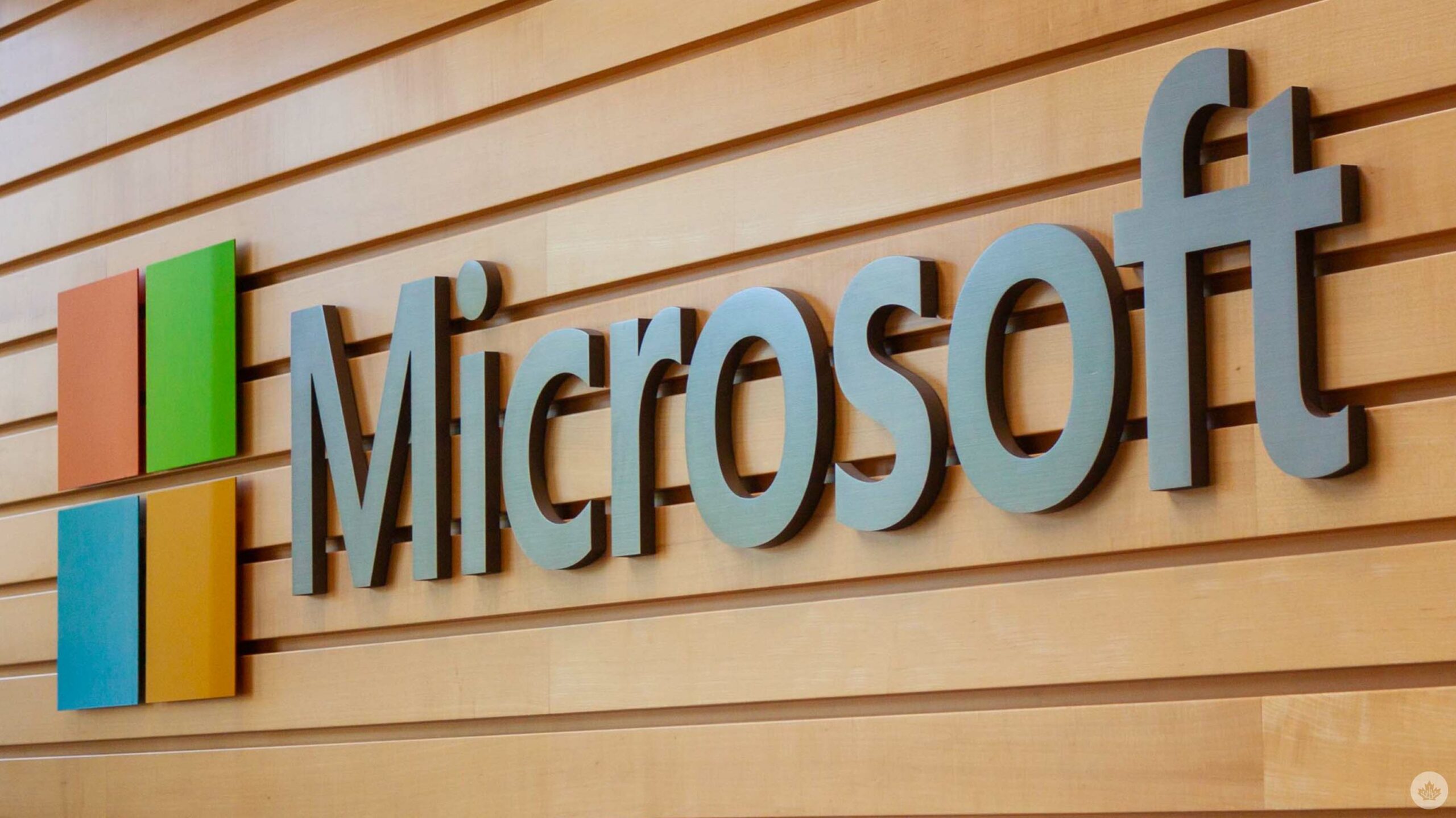
Microsoft has agreed to study the impact of making device repair easier and act on those findings by the end of 2022.
As reported by Grist (via The Verge), Microsoft’s small but important step forward in the ongoing battle for the right-to-repair started in June when an investor advocacy nonprofit called As You Sow filed a shareholder resolution urging the company to analyze the “environmental and social benefits” of improving device repairability.
Following months of negotiations, Microsoft agreed to comply as well as act on the findings. The study will look at how increasing access to parts and information needed for repair can reduce the company’s contributions to climate change and electronic waste (often called e-waste).
Grist notes that this is the first time a U.S. manufacturer agreed to change repair policies following investor pressure, but it may not be the last time. Green Century, a mutual fund focused on environmentally responsible investing, filed two similar right-to-repair resolutions with other U.S. companies, Apple and Deere & Co., the company behind the John Deere tractor.
Microsoft confirmed to The Verge that it will use the findings from the study to “guide [its] product design and plans for expanding device repair options.” Unfortunately, the public may never see the full details. Microsoft will need to publish a summary of the study by May 2022, but not the full study (the company cited concerns of trade secrets for this).
It’s also worth noting that Microsoft has lobbied against right-to-repair laws in several states, including Colorado and Washington.
All in all, this is an important step forward, but it is just a step. That Microsoft has publicly committed to investigating the impact of right-to-repair is important, but if the company doesn’t change how it makes products, then the commitment won’t mean much.
MobileSyrup may earn a commission from purchases made via our links, which helps fund the journalism we provide free on our website. These links do not influence our editorial content. Support us here.


